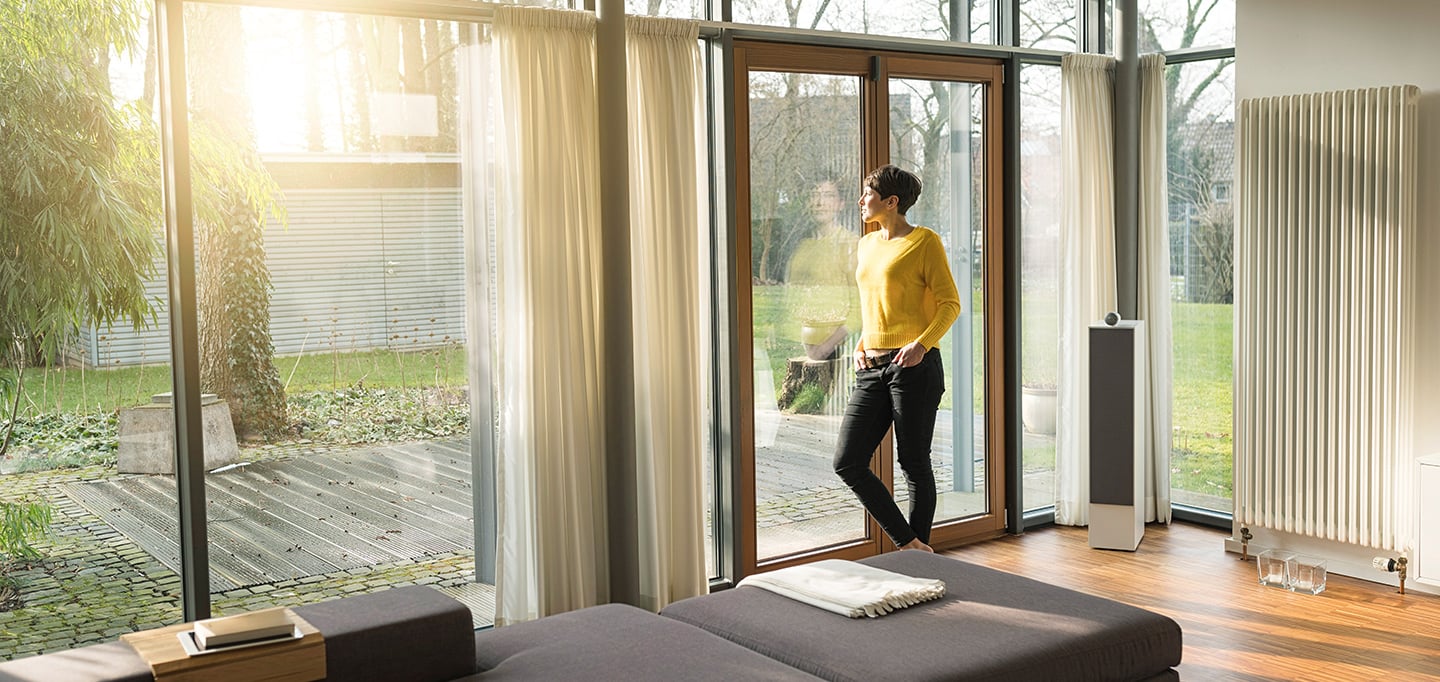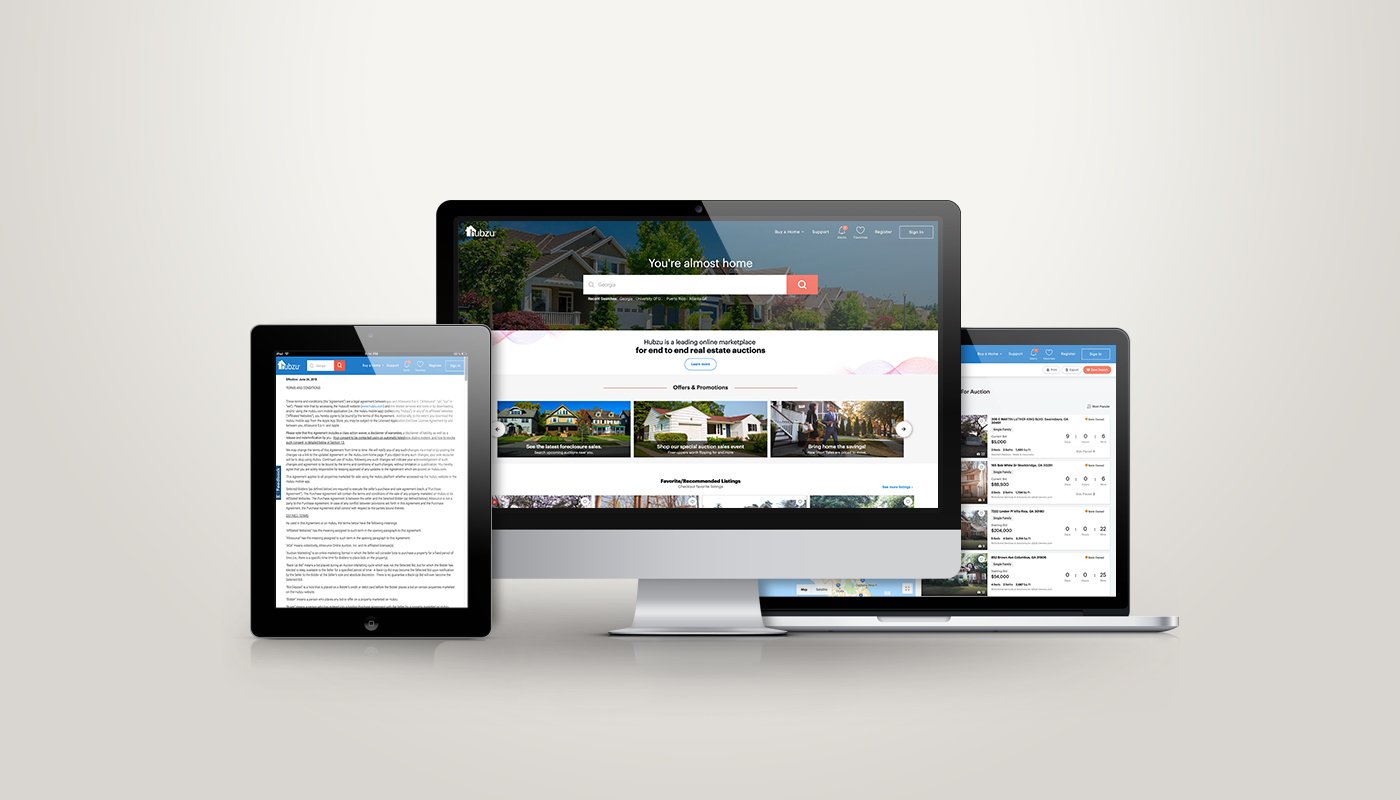If you’re investing in a fixer-upper, there might be a few financing options available to you depending on the property, auction type and applicant information. To help you achieve your investment goals, mortgage lenders offer construction, rehabilitation and renovation mortgages. These loans include both private and government-backed programs for both the finance and refinance transactions.
Check out this list and get to know what’s available:
Fannie Mae Homestyle and Freddie Mac Renovation Mortgages
These products are funded by private lenders and may be used to include home improvements in a purchase or refinance loan. The loans are then sold to Fannie Mae and Freddie Mac, the two government-sponsored enterprises that buy mortgages from lenders and sell them to investors. Fannie Mae and Freddie Mac loans are subject to maximum amounts determined by the property location, and renovations cannot exceed 50 percent of the home’s purchase price.
These loans can be used for second homes and rentals, as well as primary residences. They can also finance any improvement, as long as it is affixed to the property and increases its value. Renovations should be completed within 12 months of the loan being funded.
The loan amount is based on the lesser of the improved value, or the purchase price plus renovation costs. Borrowers can use any Freddie Mac or Fannie Mae product for which they are eligible, including Home Possible or MyCommunityMortgage loans. Eligible borrowers can even add a Community Seconds mortgage to finance up to 105 percent of the purchase and construction costs.
Jumbo Mortgages
Jumbo mortgages are not backed by government entities. This allows lenders to set their own guidelines, meaning the loan amounts can be as high as the lender is willing to go. With these types of mortgages, there are no mandatory national underwriting guidelines, so they are harder to find.
To get approved, you will typically need a credit score of 700 or higher and a low debt-to-income ratio. Lenders are also more likely to require a down payment of at least 20 percent. These loans come with both fixed and adjustable terms, and can be used for investment properties, vacation homes or primary homes.
FHA 203(k) Rehab Loans
203(k) rehab loans are one of the most commonly offered fixer-upper finance programs. These loans are backed by the Federal Housing Administration (FHA) and with one loan you can purchase your home and land, and include renovation costs. The maximum loan amount is the purchase price of the home plus the projected renovation costs times 96.5 percent. You will need a FICO score of at least 580 to get a 96.5 percent loan, and the maximum loan amount is subject to FHA loan limits that depend on the property location. It is important to note that FHA loans are for primary residences only, and improvements can’t include luxury items like swimming pools.
For these loans, your lender, which will be approved by the U.S. Department of Housing, will assign you a 203(k) consultant who will inspect the house, work up a cost estimate for you and assist you with the required paperwork.
Some applicants may be able to use this program to combine refinancing with rehabilitation. There is even a streamlined (“limited”) version available to those financing no more than $35,000 in construction costs. Finally, there are Title I loans — which can be used in conjunction with 203(k) loans — for those who want to finance up to $25,000 in improvements on a single-family home without refinancing their current mortgage.
How to Finance a Purchase and Renovation
When buying a fixer-upper, you can choose any licensed contractor to do the work. However, the builder must be approved by your lender. Some programs allow you to do some, or all, of the work yourself if you’re qualified, while others do not allow owners to be involved in renovations under any circumstances.
To apply for a rehabilitation mortgage, you’ll need to be approved as a buyer. In addition, the builder, property and project will need to be validated. The builder will also need to submit a set of plans and specifications, a description of materials and a cost breakdown. The property will be appraised by a licensed appraiser. Expect to pay higher escrow, title and lender fees because there is a lot more administration involved. When you close on your purchase, the seller gets paid and the property changes hands. The money for construction is held in escrow and paid to the builder as each step in the construction is completed.
It is important to note that these may not be available for all auctions. Auctions may be cash only with no financing options available. Please make sure you read the property detail page for any property you are interested in. If you’re planning to invest in a fixer-upper, browse properties on Hubzu and place your bid today.









